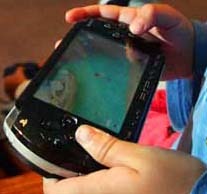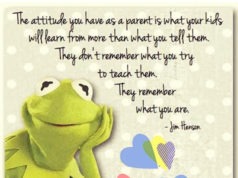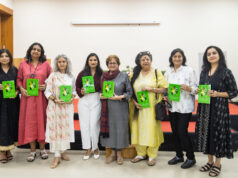
LONDON: The number of UK children with speech difficulties has increased 70 per cent in six years and the growing use of screen-based gadgets is being blamed for it, according to a new study.
As many as 1.2 million young Brits struggle with speech and half of pupils in some areas start school not being able to put sentences together.
The rise is being blamed on the growing use of screen-based gadgets as convenient “babysitters” and a trend for hard-working parents to spend less time with their children, the ‘Daily Mail’ reported.
The findings from a major new government-funded study show the number of schoolchildren needing expert help for speech and language difficulties rose 71 per cent between 2005 and 2011.
The analysis found that 2.2 per cent of youngsters aged five to 16 were classified as having difficulties in 2011.
However, the figures do not capture pupils who are identified as having speech difficulties and are helped within their schools without recourse to specialists.
The children’s charity ‘I CAN’ said other studies had suggested that 1.2 million youngsters of all ages across the UK have some form of communication problem.
They include children with specific conditions that lead to speech problems and others whose environment may play a part in their language difficulties.
As many as 50 per cent of children in some parts of the UK – particularly areas of social disadvantage – start school with delayed language, the charity said.
The sharp rise in cases of speech difficulties was likely to be down to 21st century living, as well as better identification by parents and schools, said Jean Gross, former government speech and language tsar and a trustee of I CAN.
Gross warned that screen-based technology – including TVs, games consoles, smartphones and computers – was increasingly used to occupy children instead of traditional family activities such as learning nursery rhymes.
“Head teachers are telling me they are seeing a real increase in the number of children who struggle to string words together,” she said.







